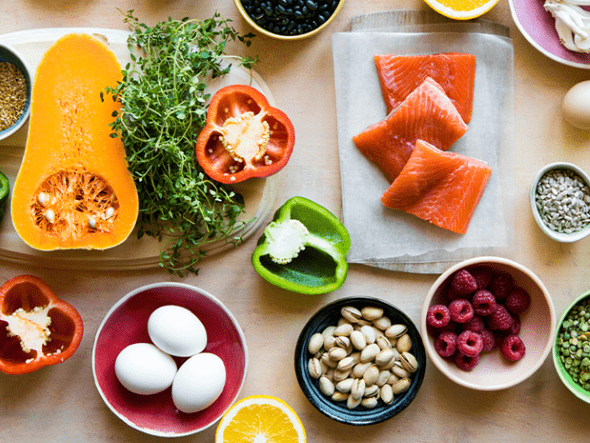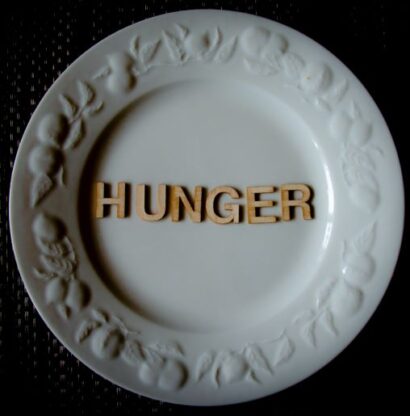Nutrition plays a critical role in keeping our bodies healthy, but it’s even more important when trying to conceive and during pregnancy. Your unborn child is entirely reliant on you for proper nutrition. A mother’s diet can impact her unborn child’s health and future disease risk. Whether you are planning to get pregnant or just started trying, establishing a healthy diet from the start is essential to support a healthy pregnancy.
Pregnancy is a critical time for your health and the health of your unborn child. Nutritional deficiencies can increase your risk for complications during pregnancy and negatively impact your unborn child’s health. Healthy nutrition can help you boost your mood and energy levels, support a healthy pregnancy, and birth outcome, and promote optimal infant development. The most important factor in determining your unborn child’s health is your health. To promote a healthy pregnancy, you need to focus on your prenatal nutrition.
Many nutrients like iron, folate, vitamin B12, and vitamin D are important for your health during pregnancy, but a few key nutrients are especially critical for fetal development.


Prenatal nutrition is critical to promoting a healthy pregnancy and thriving infant. Suboptimal prenatal nutrition can cause a range of health issues, including:
Although every woman’s nutritional needs are different, there are general guidelines for a healthy prenatal diet. Here are 3 tips for supporting healthy prenatal nutrition.
| Cookie | Duration | Description |
|---|---|---|
| cookielawinfo-checkbox-analytics | 11 months | This cookie is set by GDPR Cookie Consent plugin. The cookie is used to store the user consent for the cookies in the category "Analytics". |
| cookielawinfo-checkbox-functional | 11 months | The cookie is set by GDPR cookie consent to record the user consent for the cookies in the category "Functional". |
| cookielawinfo-checkbox-necessary | 11 months | This cookie is set by GDPR Cookie Consent plugin. The cookies is used to store the user consent for the cookies in the category "Necessary". |
| cookielawinfo-checkbox-others | 11 months | This cookie is set by GDPR Cookie Consent plugin. The cookie is used to store the user consent for the cookies in the category "Other. |
| cookielawinfo-checkbox-performance | 11 months | This cookie is set by GDPR Cookie Consent plugin. The cookie is used to store the user consent for the cookies in the category "Performance". |
| viewed_cookie_policy | 11 months | The cookie is set by the GDPR Cookie Consent plugin and is used to store whether or not user has consented to the use of cookies. It does not store any personal data. |